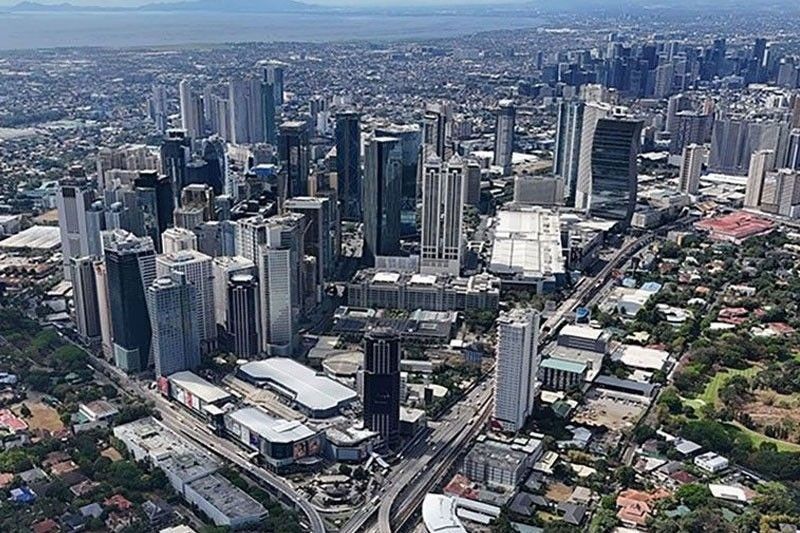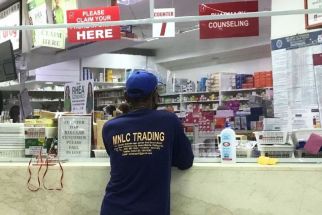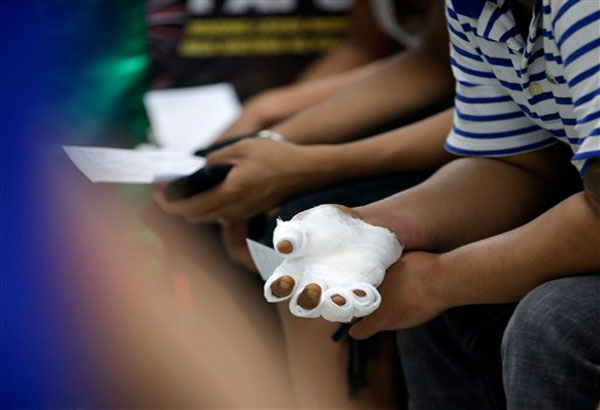Philippines among top 40 percent in regulatory framework – report

MANILA, Philippines — The Philippines was in the top 40 percent of 50 economies in terms of regulatory framework, but will need to make improvements in terms of public services and operational efficiency, according to the World Bank’s Business Ready report.
The new report, which assesses the business and investment climate, replaces and improves upon the World Bank’s Doing Business report, which the multilateral lender decided to discontinue in September 2021 due to internal reports of data irregularities.
Business Ready or B-Ready looks at economies’ performance in terms of three pillars: regulatory framework, public services and operational efficiency.
In the regulatory framework, the Philippines ranked 16th out of 50 economies as it got a score of 70.68 out of 100.
The Anti-Red Tape Authority said this underscores the country’s progress in fostering a more conducive business environment and shows the government has been able to establish clear and effective rules and regulations to support the start and closure of business operations.
It said the Philippines, however, needs to make further improvements in two other pillars: public services and operational efficiency.
The report showed the Philippines placed 24th in public services with its score of 50.80.
In operational efficiency, the Philippines ranked 36th with a score of 57.95.
The World Bank report, which also assessed economies’ business and investment climate based on topic areas, showed the Philippines had strong performance in the areas of labor, international trade and utility services.
“Within these areas, the economy implemented all the measured good practices in term of labor inspectorates, provides electronic systems and interoperability of services for international trade operations and provides transparent information (connection requirements, tariffs, complaint mechanisms) for water and electricity,” the World Bank said.
On the other hand, the Philippines’ scores were lowest in business insolvency, business entry and market competition.
“Within these areas, the economy does not provide interconnection of e-case management system in liquidation and reorganization and lags in terms of exchange of company information for business entry and in university-industry collaboration to promote technology transfer,” the World Bank said.
- Latest
- Trending
































